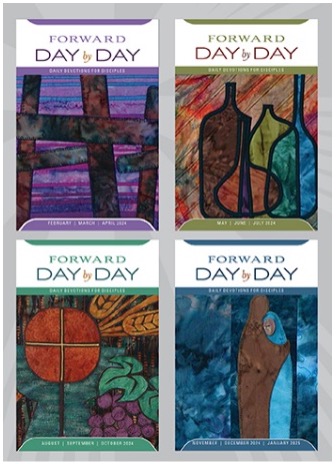- Apr 12
- 2 min read
READ the presiding bishop’s letter.
LEARN about the places impacted by your donations.
By supporting life-giving ministries in the Anglican Province of Jerusalem and the Middle East, including St. George’s, Baghdad; the eye clinic in Ras Morbat, Yemen; the Al Ahli Arab Hospital in Gaza; and numerous other institutions identified by their dioceses, you are ensuring that our siblings in Christ are not forgotten.
Al Ahli Arab Hospital in Gaza City provides critical medical care to all people, in peacetime and wartime alike.
St. George’s is the only Anglican church in Iraq, serving local Indigenous communities and displaced people through worship, schools, and medical care.
Christ Church in Aden, Yemen, serves as the grounds of Ras Morbat Eye Clinic, providing critical medical care for all in a war-torn country.
The Christian National Kindergarten at St. Philip’s Episcopal Church, Nablus, in the West Bank, provides high-quality early education to all kindergartners, regardless of religion.
WATCH the Good Friday Offering concert online.
GIVE generously to ministries that make a substantial difference in the lives of our siblings in the Middle East.
Please make a gift to the Good Friday Offering in one of the following ways:
- Click here to give securely on this page.
To give via phone or for gifts of stock, call (212) 716-6002.
Send check to: The Episcopal Church (DFMS) P.O. Box 958983 St. Louis, MO 63195-8983 Make your check payable to The Episcopal Church with “Good Friday Offering” in the memo field.
Thank you. The Good Friday Offering affirms the dignity of the poor, the war-torn, and those in desperate need as God’s ministry is done. Thank you for spreading hope’s message through your gifts and prayers.

